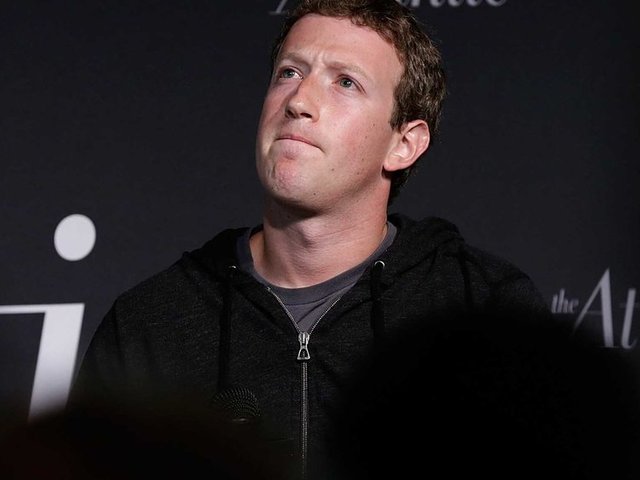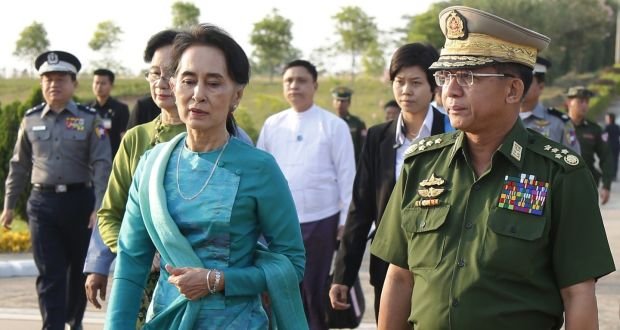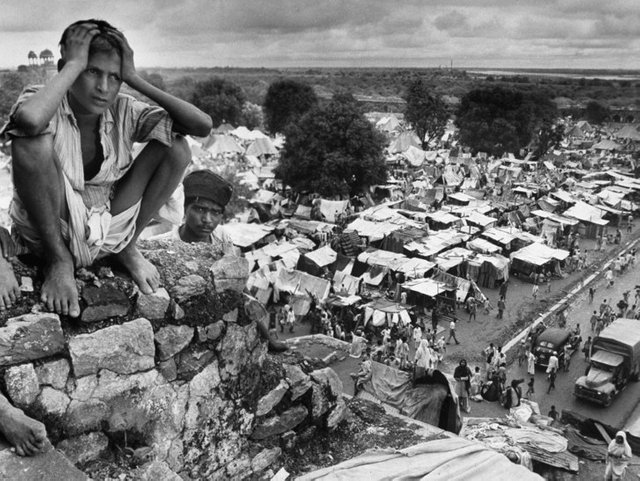Facebook says it has independently verified how much it damaged in Myanmar Genocide
The world famous social media Facebook, which the United Nations’ top human rights commissioner accused earlier this year of a “slow and ineffective” response to evidence it was fueling state genocide against the Rohingya Muslim minority in Arakan state of Myanmar.

Facebook admitted in a blog post on Monday that their own “independent human rights impact assessment” has more or less confirmed that it really screwed that one up.
For many Facebook users in Myanmar, the site is their primary portal to the internet. Numerous media reports have confirmed that the country’s military used Facebook as a “tool for genocide Burmese military officials were the prime operatives behind a systematic campaign on Facebook that stretched back half a decade and that targeted the country’s mostly Muslim Rohingya minority group.”

Over the course of this year, we have invested heavily in people, technology and partnerships to examine and address the abuse of Facebook in Myanmar, and BSR’s report acknowledges that we are now taking the right corrective actions.
BSR’s report also examines the complex social and political context in Myanmar, which includes a population that has fast come online, a legal framework that does not reflect universal human rights principles, and cultural, religious, and ethnic tension. In this environment, the BSR report explains, Facebook alone cannot bring about the broad changes needed to address the human rights situation in Myanmar.

In the third quarter of 2018, we saw continued improvement: we took action on approximately 64,000 pieces of content in Myanmar for violating our hate speech policies, of which we proactively identified 63%—up from 13% in the last quarter of 2017 and 52% in the second quarter of this year.
Like, comment, share and follow.